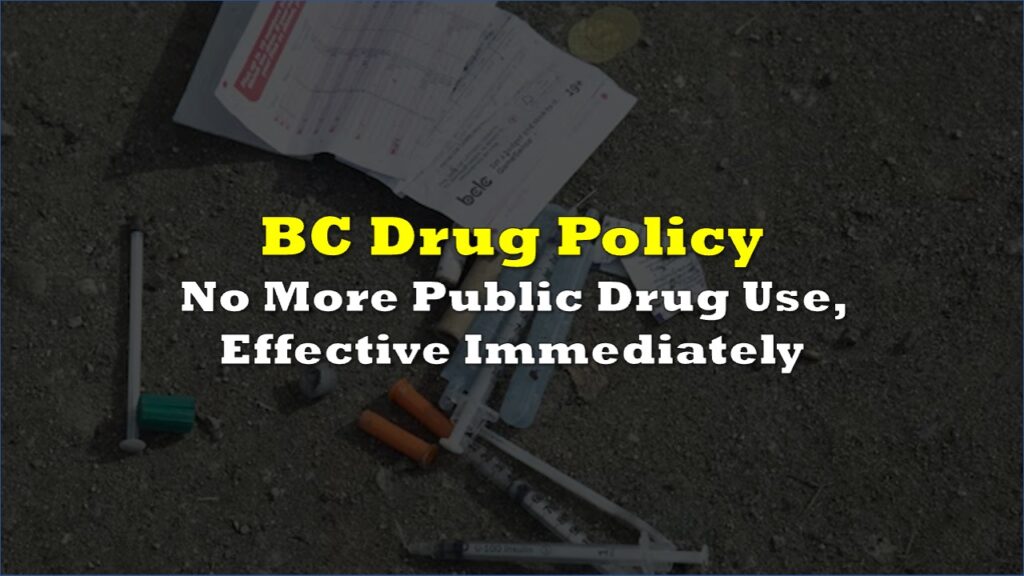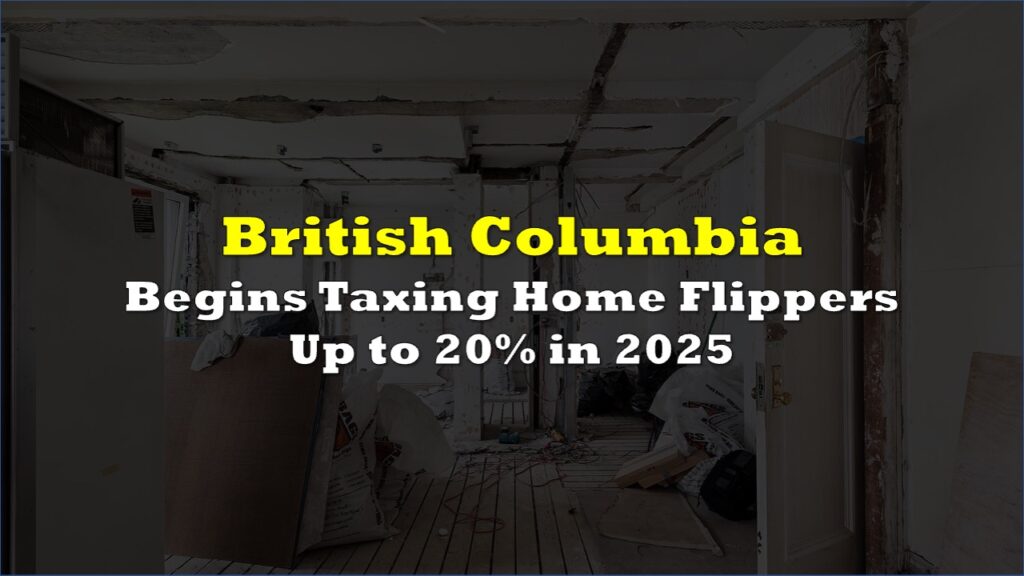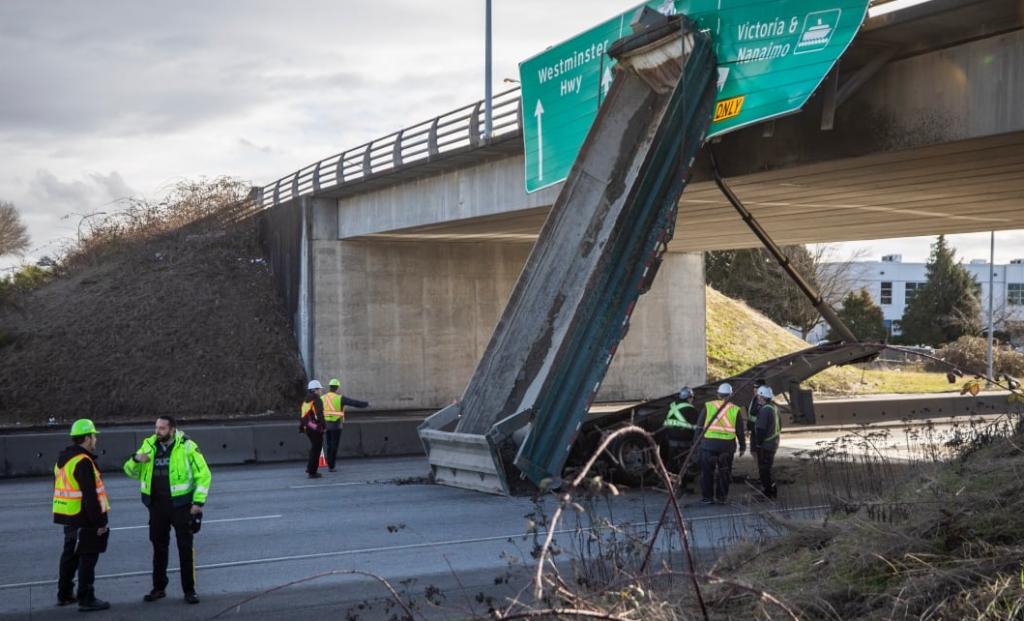The British Columbia government has announced a new plan to address the province’s housing crisis, pledging to invest billions of dollars to build more affordable homes over the next decade. The plan, which will see the government invest $4 billion over the next three years and includes a $12 billion commitment over the next decade, aims to create at least 114,000 affordable homes for low-to-moderate-income families across the province by 2027/2028.
The plan includes a range of initiatives, including building new homes at an expedited timeline, increasing supply of multi-unit housing, providing rental assistance to those in need, and introducing safeguards to prevent real estate speculation. The government also plans to work with municipalities to identify and develop new affordable housing projects, and will provide funding and incentives to encourage the construction of purpose-built rental housing.
The provincial government has also announced a new tax on property flipping. The so-called “flipping tax” will apply to properties that are bought and sold within a short period of time, with the aim of discouraging speculative real estate investment.”If your lifestyle depends on flipping houses, you’re going to be upset by this tax,” said BC premier David Eby. The flipping tax has been controversial, with some critics arguing that it could discourage investment in the province’s real estate market, while others have praised it as a necessary measure to curb speculation and stabilize prices.
There are some who won’t like BC’s new house flipping tax.
— David Eby (@Dave_Eby) April 3, 2023
For too long house flippers have driven up prices, putting homes out of reach for BC families.
It’s time to crack down on house flipping because homes are for people to live in. Learn more: https://t.co/orr0KYAmx9 pic.twitter.com/xofGEQcJik
The government’s plan comes amid a housing crisis in British Columbia, where home prices have soared in recent years, making it increasingly difficult for many people to afford a home. The crisis has also resulted in a shortage of rental units, leading to a spike in rents and leaving many families struggling to find a place to live.
According to the government, the plan will be funded through a variety of sources, including revenue from the province’s speculation and vacancy tax, as well as funding from the federal government. The province will also look to private investors and non-profit organizations to help fund the initiative.
The plan has been welcomed by housing advocates, who say it is a positive step towards addressing the province’s housing crisis. However, some have criticized the plan for not doing enough to address the root causes of the crisis, such as foreign investment and money laundering in the province’s real estate market. Despite these criticisms, the government says the plan is a key part of its efforts to make housing more affordable and accessible for British Columbians.
The province has announced a new housing plan which will see $12 billion spent over a decade in hopes of building more homes to reduce the housing crisis. B.C. Housing Minister Ravi Kahlon spoke to Anita Bathe about the plan. pic.twitter.com/t0pOoT4Dvw
— CBC British Columbia (@cbcnewsbc) April 4, 2023
Information for this briefing was found via the sources mentioned within the article. The author has no securities or affiliations related to this organization. Not a recommendation to buy or sell. Always do additional research and consult a professional before purchasing a security. The author holds no licenses.










One Response
Speculation on prebuilds is where the problem is.. send money to Hong Kong to get on a list of approved buyers so that you can bid on a new condo.. FFS